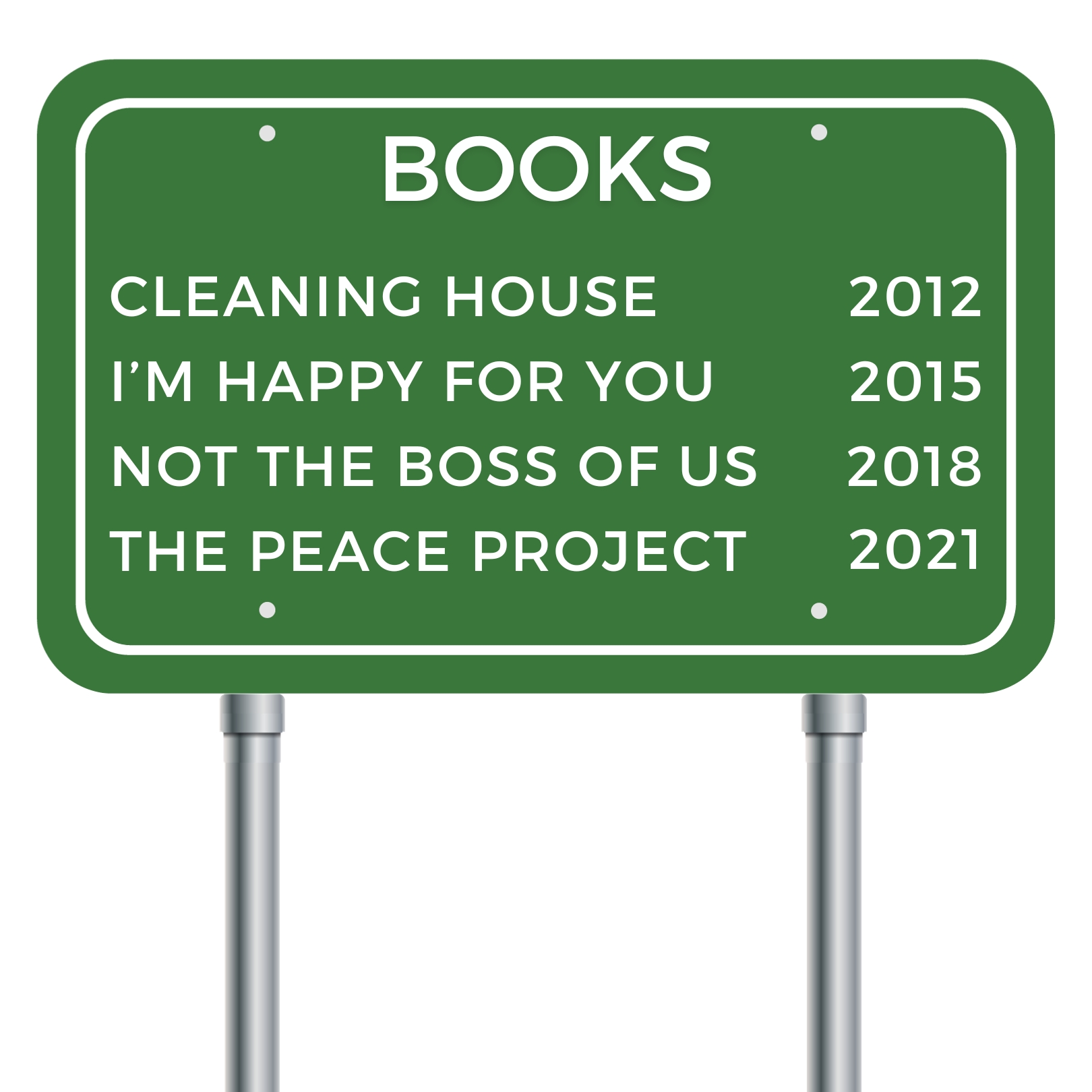Today’s Table Talk is by author of the blog “Growing Up Well”. He’s a good friend of my brother and just happens to be MOAT friends Ann & Nancy’s cousin. He’s in the trenches with tween/teen kids and offers great insight into issues they face.
Thanks for sharing! … and thanks for walking the road with me.
-Kay

As I walk through the halls after school, there is a barrage of faces along my path. Some I know well; some I don’t know at all. Some are happy; some look very frustrated. But all of these kids have stories inside. Some of their stories are silly — full of joy from a life yet unblemished by heartache or tragedy. And some have stories they keep to themselves because they are not the kind that they want to tell or others want to hear. There are some broken kids out there, some of whom will mend well, and grow up to be good and strong.
As I walk briskly by them each day, I think about what stories I know. Not enough, unfortunately. But I know that boy; he’s has had serious struggles with perfectionism and an eating disorder in middle school and is now very healthy, athletic, and academically successful. I know that girl, whose mother died of cancer when she was ten; her dad remarried a woman whose spouse also died of cancer. Their blended family is an inspiration. I also know the story of that girl, whose little brother has Down’s Syndrome and whose parents are on the brink of divorce. Actually, I just know bits and pieces of their stories, but it’s enough to see the depth in their eyes. I know that they know pain.
But in my upper-middle class suburban private school, there are also a lot of students (maybe half?) who have not yet experienced intense pain, sorrow, or disappointment. So far their world has been safe, loving, and positive-minded because their parents have worked very hard to raise them with self-worth, purpose, work ethic, self-discipline, and opportunities to learn and experience all sorts of valuable things. They go to church. They play on sports teams. They have practices and recitals. They take family vacations. They eat dinner together. It’s not a perfect life, but it’s without a doubt a good life. It’s what every parent wants for their children – love, safety, education, opportunity.
Here’s what rubs me wrong. It’s a cruel irony. I think that the kids who have the tough-luck stories are typically better prepared for life in high school and beyond. Of course, there are plenty of kids who have awful home lives and are deeply depressed, not doing well in school or anywhere. And perhaps there are far more kids deeply-wounded and thoroughly-messed-up by some other sort of tragedy. But in my experience, of the kids who are real all-stars, the vast majority of them have suffered. Perhaps mom has survived several bouts with cancer. Perhaps dad has lost his job and suffered through two years of depression. Perhaps it’s a best friend who died of leukemia in fifth grade. Whatever the struggle, kids who grow up well learn to deal with serious trouble in a positive, redemptive way. No parent or teacher would prescribe it, but the truth is that pain is necessary. Suffering is the prerequisite for service, compassion, love, and a host of deeper character traits.
And yet we all want the easy way. Every one of us would trade suffering for comfort any day. For example, a friend of mine was recently bemoaning the fact that he and his wife are unexpectedly expecting a third child. They were planning on just two, and now they are looking at the trouble and expenses of another child to raise and educate and provide for. I felt his pain, but in a moment of clarity, I said something bold enough and true enough to stick: “God has his plan, and it’s usually a lot harder and better than our plan. We set the bar pretty low for ourselves.”
We expect too little of ourselves. And often we set the bar a whole lot lower for our kids. In many cases we take down every obstacle in the way of our children. We think we are doing them a favor by making their life pain-free. And yet in doing so, we fail to allow them to exercise their character. They can skim by on the surface of life, and everybody is presently happy. But then the inevitable trauma shakes them to their core at some point in high school or college, and they absolutely fall apart because it is so much more than they have ever handled. It’s as if they have to run a marathon, when the most they have ever run is a mile.
Dr. Paul Brand, in his brilliant book, The Gift of Pain, wrote about the need to manage pain as we grow up. “Modern parents lavish sympathy every time their son or daughter suffers any slight discomfort. Subliminally or overtly, they convey the message that “Pain is bad.” Should it surprise us that these children become adults who flee all pain in fear, or allow themselves to become dominated by it, or at least, share the intimate details of every ache and pain with anyone in range?”
So, what should we do to help kids? Should we make their lives miserable to toughen them up? No. Should we place artificial trials in their lives to prepare them for the real world? No. Life is tough enough. It will kick them around plenty, if we just let it. They will get plenty of practice dealing with trouble, if we would just stop rescuing them at every turn. She will forget her lunch and homework. So be it. Let her deal with it, and then help her communicate her feelings. Listen to her and help her learn. But don’t take off from work to run home to get her lunch and homework and deliver it to her locker. Maybe what she really needs is the zero in the gradeboo
k and to miss a meal. Then, when her next trial comes (she fails to make the volleyball team), she’ll be a little more able to deal with the pain and the resulting emotions. Again, it’s wise to listen to her and help her communicate her feelings. But don’t go meddling in her trouble, trying to fix it all up for her. Don’t call the coach demanding to know why your daughter was so unfairly assessed. Instead, teach something greater: She is loved by God, loved by her family, and has talent that will shine in some other area. A loss is followed by a gain. Those are life lessons so valuable that it costs pain and suffering to learn.
k and to miss a meal. Then, when her next trial comes (she fails to make the volleyball team), she’ll be a little more able to deal with the pain and the resulting emotions. Again, it’s wise to listen to her and help her communicate her feelings. But don’t go meddling in her trouble, trying to fix it all up for her. Don’t call the coach demanding to know why your daughter was so unfairly assessed. Instead, teach something greater: She is loved by God, loved by her family, and has talent that will shine in some other area. A loss is followed by a gain. Those are life lessons so valuable that it costs pain and suffering to learn.
There is great value in pain. Saint Augustine wrote, “Everywhere a greater joy is preceded by a greater suffering.” So, let your kids experience a greater joy by allowing them to suffer through some pain.
See also Hebrews 13: 11; Romans 5:3-4; James 1:2-4.
The author of Growing Up Well is a father of a 12-year-old son and a 10-year-old daughter who has severe physical and mental disabilities. He teaches 7th grade English, Social Studies, Cross Country, and Track & Field. In the past he has taught English at an alternative high school, has been the principal of a Christian elementary school, and has coached basketball. He has been married to his best friend for 17 years; she is a full-time mom and part-time tutor. http://growingupwell.org/
The author of Growing Up Well is a father of a 12-year-old son and a 10-year-old daughter who has severe physical and mental disabilities. He teaches 7th grade English, Social Studies, Cross Country, and Track & Field. In the past he has taught English at an alternative high school, has been the principal of a Christian elementary school, and has coached basketball. He has been married to his best friend for 17 years; she is a full-time mom and part-time tutor. http://growingupwell.org/
You may also be interested in these posts:













